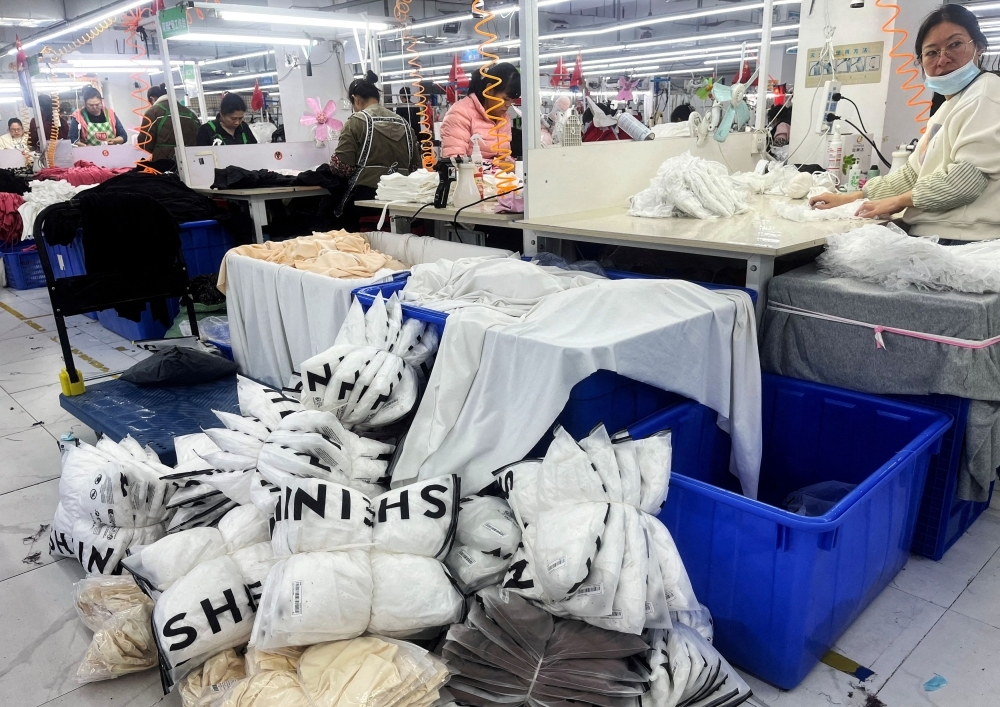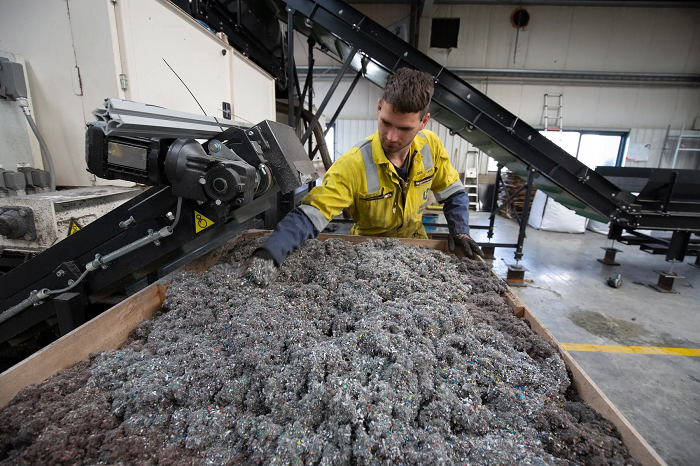A research team at the Department of Chemistry in the Calicut University has developed an economically viable and environmentally responsible method to size and desize cotton and polyester yarns. The team used liquid and supercritical carbon dioxide as solvents, and nonfluorous CO2-philes as size compounds to size and desize the yarns through a dry process. The research, published in the ACS Sustainable Chemistry & Engineering journal, found that the tensile strength of the yarn nearly doubled for the cotton yarn when sized with this method, while it increased 60 percent for the polyester yarn.
Sizing is the process of strengthening the yarn by applying a protective adhesive coating to decrease breakages on the loom and improve weaving efficiency. The conventional sizing method involves drawing the yarn through a concentrated sizing solution, mostly starch and polyvinyl alcohol, and then drying it. After weaving, the yarn has to be desized by washing with water that requires high amounts of water and energy. The entire size materials and the solvent can be recycled, making it a zero-pollution technology that can easily be translated into industry at an affordable cost.











